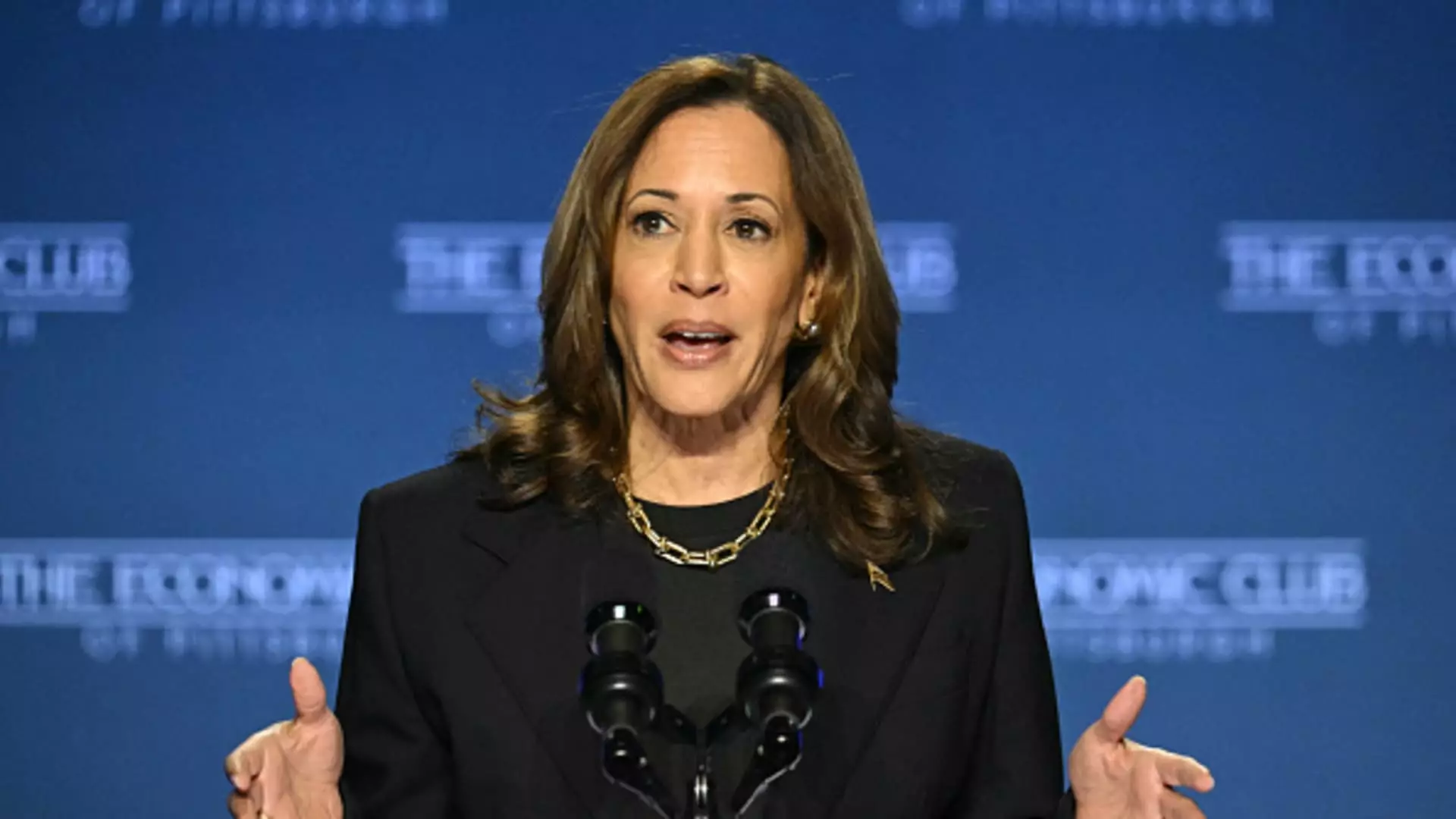A recent UBS survey reveals a fascinating dynamic among millionaire investors regarding their political preferences as the November elections approach. Despite acknowledging former President Donald Trump’s superiority in economic management, a significant 57% of respondents with over $1 million in investible assets expressed their intent to vote for Vice President Kamala Harris. This information highlights a critical divergence between economic perceptions and political alignment within a wealthy demographic that holds considerable influence.
What’s noteworthy is the overwhelming support Harris enjoys from Democratic millionaires—an impressive 91% favorability. Contrastingly, Trump garners support primarily from Republicans, securing 88% within that group. This polarization amplifies the narrative that voter allegiance often trumps fiscal assessments. Among independents, the split is less pronounced, with Harris attracting 60% and Trump 40%. This indicates that while economic policy remains a pivotal issue, broader party loyalty shapes voting decisions significantly.
Economic Concerns Remain Paramount
Economic issues certainly dominate the concerns of millionaire investors, with 84% identifying it as the principal consideration for the upcoming election. Additional significant concerns include Social Security (71%) and taxes (69%). While there’s a consensus that the economy is paramount, respondents demonstrate a nuanced view of the candidates’ capabilities. Although Trump is perceived as better suited to tackle economic issues, the margin is narrow, with 51% favoring him over Harris’s 49%. This emphasizes the complexity of investor sentiments; they are torn between preferred policies and party affiliation.
Tax policy distinctly influences this group’s perceptions. Trump’s intention to extend tax cuts is viewed favorably by investors, while Harris proposes a more progressive taxation structure aimed at those earning above $400,000. This difference embodies the broader ideological clash between the two candidates, and underscores why wealthier investors remain critical of extremes in fiscal policy. In another stark contrast, Harris outperforms Trump in areas concerning Social Security and health care, showcasing that her appeal transcends mere economic discourse.
Despite the potential turmoil of an election cycle, investor sentiment towards the economy remains markedly optimistic. A majority, 55%, report high confidence—a rise from 43% compared to the previous cycle amid the pandemic. This juxtaposition of positivity amidst uncertainty indicates that millionaire investors believe in the resilience of markets regardless of the political outcome. Furthermore, three-quarters of these investors are open to adjusting their portfolios based on election results, signaling a proactive rather than reactive approach to market dynamics.
Investment Strategies: Preparing for Election Outcomes
As they prepare for potential shifts dictated by the election, the preferences for industry-specific investments reveal insightful trends. If Trump secures his position, investors favor sectors like defense and energy. Conversely, a Harris victory leads to optimistic prospects in health care, sustainability, and technology sectors. This strategic foresight among investors not only reflects confidence in their predictive abilities but also illustrates a broader trend—wealthy individuals are increasingly considering the intersection of political outcomes and investment strategies.
The UBS survey sheds light on the intricate relationship between political ideology and economic assessment among millionaire investors. As they navigate their financial futures, it becomes clear that their wealth often informs, yet does not singularly dictate, their political loyalties.


Leave a Reply